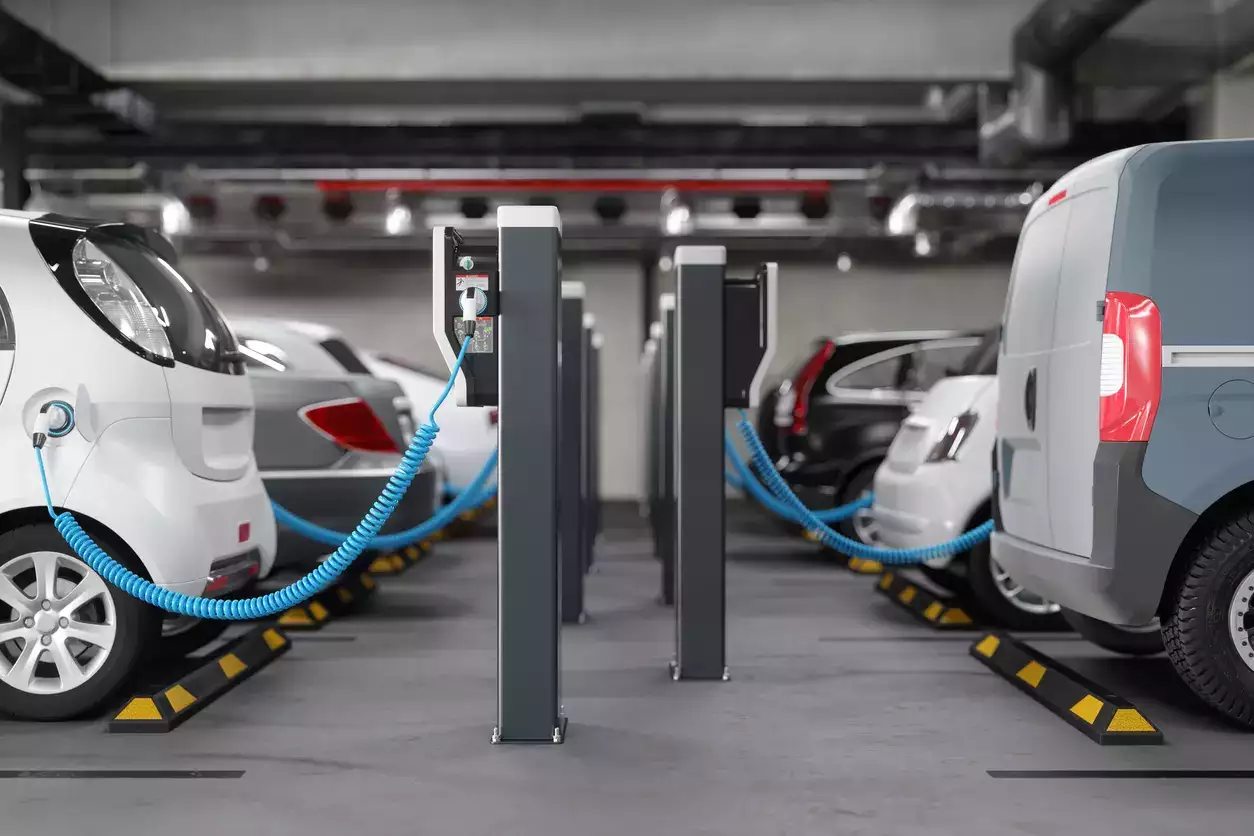Auto exports set fresh high in South Korea on hybrid models

The combined value of vehicle shipments reached USD 6.2 billion last month, marking the highest amount for any October, according to data compiled by the Ministry of Trade, Industry and Energy, reports Yonhap news agency.
The number of cars shipped totalled 243,367, up 8.1% from a year earlier, the report showed. Shipments of hybrid cars alone amounted to USD 1.1 billion, soaring 80.3% on-year to surpass the previous record of USD 1.07 billion set in August.
The number of cars produced in October reached 367,624 units, rising 7.8% from the previous year, on the back of the release of new models, such as Kia's electric EV3 SUV and the upgraded K8 sedan.
Domestic automobile sales, meanwhile, rose 3.1% to 145,756 units, marking the first on-year increase since November 2023.
The ministry said it plans to maintain close communication with the domestic industry to address global uncertainties while promoting domestic sales through the ongoing Korea Sale Festa, South Korea's equivalent of Black Friday, which will run until the end of the month.
Meanwhile, Kia said it has signed a tentative agreement with DHL Korea Ltd. to supply its PV5 mid-sized electric cargo vehicles to the logistics firm from 2026.
Under the memorandum of understanding signed Wednesday, Kia will begin supplying the PV5, the first in the company's electric purpose built vehicle (PBV) lineup, to DHL Korea starting in 2026.
PBVs are Kia's next-generation electric vehicles built on dedicated platforms that can be customised to meet various user needs.
Kia also plans to develop customised PBV models tailored to DHL's logistics operations and vehicle requirements after analyzing their specific needs.
The companies anticipate the partnership to accelerate the adoption of eco-friendly vehicles in the logistics sector and contribute to establishing a sustainable global logistics ecosystem.

